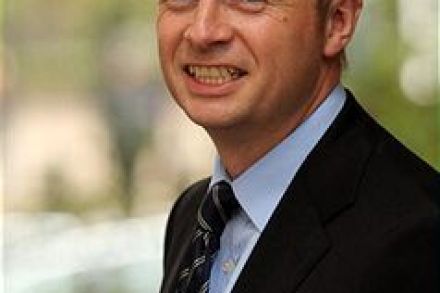Brown is not the problem — it’s his thuggish henchmen who need to be reined in
It is now established in that nether world somewhere between the media myth-making machine and the public imagination that Gordon Brown is a brooding paranoid who cannot control his temper. John Major tucked his shirt into his underpants; Gordon Brown pushes secretaries out of chairs. Some stories stick to politicians not because people know they are true but because people want them to be true. It no longer matters what the Downing Street spinners say in response to the claims of rough-housing in the Prime Minister’s bunker. Enough people from the inside have talked to journalists about Brown’s fits of anger for the Westminster village to know that Andrew Rawnsley’s












